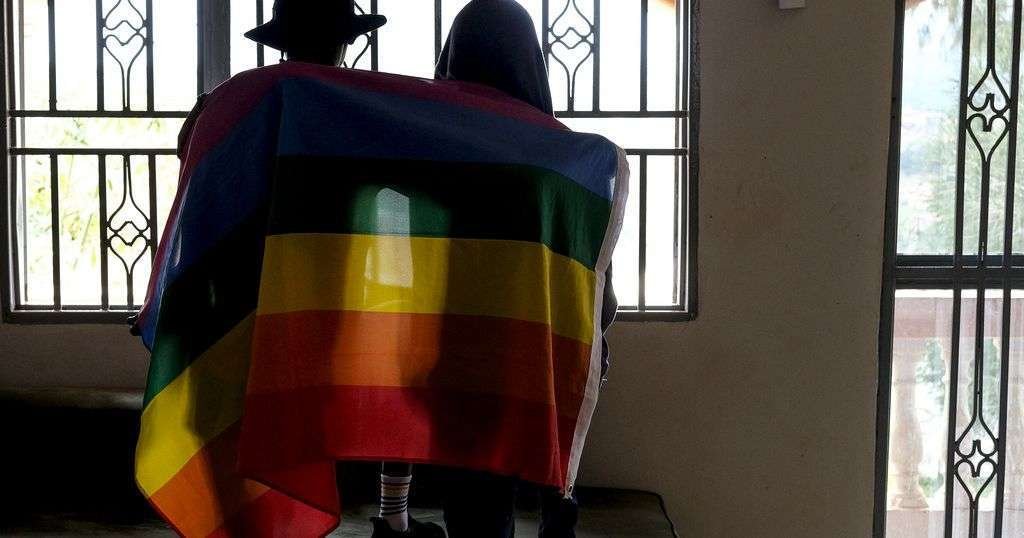Kampala, Uganda – (African Boulevard News) – Uganda’s anti-gay law is posing a severe threat to the progress made in the fight against AIDS in the country. The legislation, which criminalizes homosexuality, has led to increased discrimination and stigmatization, deterring vulnerable individuals from seeking vital healthcare services.
“People need to trust their health workers, health workers need to trust their patients, but in the current circumstances, this has created a situation where everyone is afraid of each other,” says Dr. Sarah Nakku, a prominent HIV/AIDS activist in Uganda.
The anti-gay law, officially known as the “Anti-Homosexuality Act,” was passed in 2014 and imposes harsh penalties, including life imprisonment, for individuals convicted of “aggravated homosexuality.” This broad and vague definition has fueled a climate of fear and persecution, making it difficult for individuals to access healthcare services, including HIV testing, treatment, and prevention.
“The anti-gay law has had a chilling effect on the LGBTQ+ community in Uganda. Many are afraid to even visit health facilities, fearing discrimination and stigmatization,” says Dennis Wamala, a human rights advocate in Kampala.
As a result of this law, community-based organizations and NGOs that play a vital role in providing healthcare services to vulnerable populations have faced increased scrutiny and restrictions. The fear of being labeled as supporting or promoting homosexuality has forced these organizations to either scale back their efforts or go underground, further limiting access to life-saving interventions.
According to UNAIDS, Uganda has experienced significant progress in the fight against HIV/AIDS in the past few years. The country has seen a decline in new infections and an increase in the number of people accessing treatment. However, the anti-gay law threatens to reverse this progress by driving marginalized groups away from the healthcare system.
“Discrimination and stigma prevent people from seeking the healthcare they need, and this includes HIV/AIDS services. Uganda should be focusing on creating an inclusive and supportive environment for all individuals, regardless of their sexual orientation,” says Dr. Isaac Mugume, an HIV/AIDS researcher.
The negative impact of the anti-gay law on the fight against AIDS in Uganda is evident. It is essential for the Ugandan government to reassess and repeal this discriminatory legislation, as it not only violates human rights but also hinders efforts to combat the HIV/AIDS epidemic.
Uganda’s commitment to ending AIDS by 2030 must be accompanied by policies that prioritize inclusivity and non-discrimination. Only then can the country ensure that all individuals, regardless of their sexual orientation, have equal access to healthcare services and contribute to the progress in the fight against AIDS.

